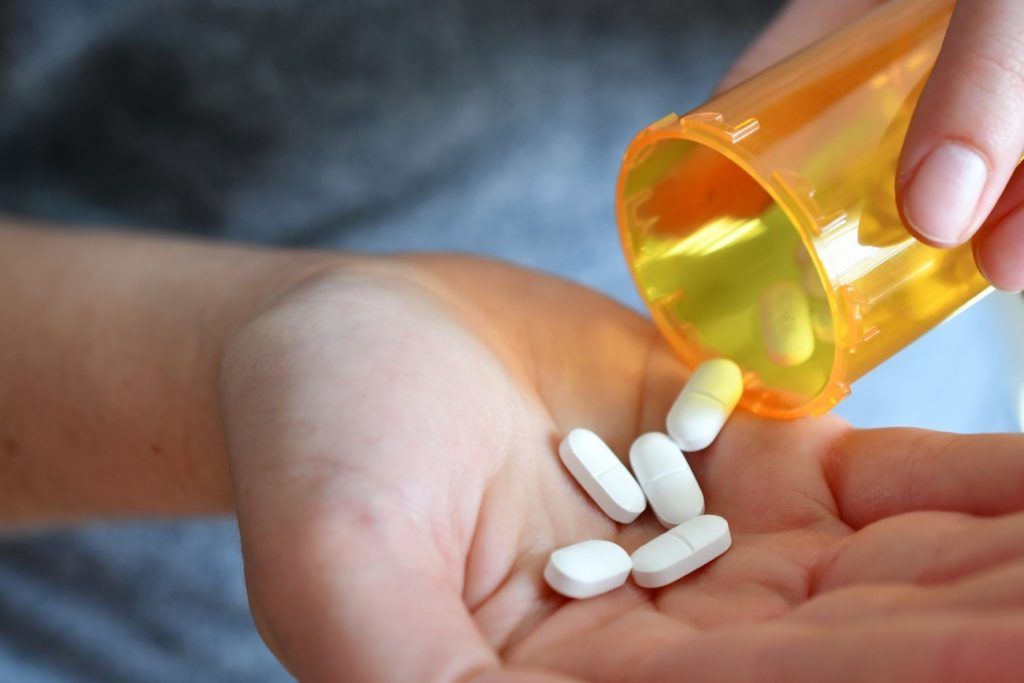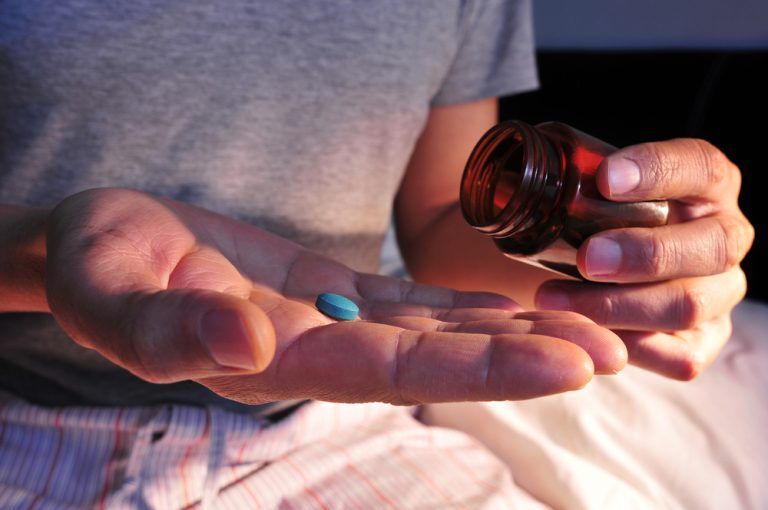What is a Drug Overdose?
Advance Minds Blog
A safe space to explore subjects within the community such as mental health, substance abuse and personal identity.
Our safe space also provides the opportunity for real individuals to express their hardships and success through writing.
What is a Drug overdose, how can i help?

What Is a Drug Overdose and How Can I Help?
A drug overdose occurs when someone takes more of a substance—whether illegal drugs, prescription medications, or even over-the-counter medicines—than the body can handle, leading to potentially life-threatening symptoms. Overdoses can happen accidentally or intentionally and are a medical emergency that requires immediate action to save the person’s life.
Knowing how to recognize the signs of an overdose and how to help someone in that situation is critical, as quick intervention can make a difference between life and death.
1. What Is a Drug Overdose?
- Excessive intake of substanc
- es: A drug overdose happens when someone consumes too much of a substance, overwhelming the body’s ability to metabolize or respond to it.
- Types of drugs involved: Overdoses can happen with illegal drugs (e.g., heroin, cocaine), prescription medications (e.g., opioids, benzodiazepines), or even over-the-counter drugs (e.g., acetaminophen).
- Intentional vs. accidental: Some overdoses are accidental, due to misuse or a mistake, while others can be intentional in cases of self-harm.
2. Common Causes of Drug Overdose
- Misuse of prescription drugs: Taking more than the prescribed dosage or mixing medications without a doctor's advice can lead to an overdose.
- Illegal drug use: Many street drugs, like heroin or cocaine, carry a high risk of overdose, especially when mixed with other substances.
- Polydrug use: Mixing drugs (e.g., alcohol and opioids) can increase the risk of overdose, as these substances can compound each other's effects.
3. Signs and Symptoms of a Drug Overdose
- Opioid overdose symptoms:
- Slow or shallow breathing
- Unresponsiveness or unconsciousness
- Blue or grayish skin, lips, or nails
- Pinpoint pupils
- Gurgling sounds or choking
- Stimulant overdose symptoms (e.g., cocaine, meth):
- High body temperature
- Seizures
- Rapid heart rate
- Chest pain
- Agitation or paranoia
- Alcohol or sedative overdose symptoms:
- Severe confusion or disorientation
- Vomiting
- Unconsciousness
- Slow or irregular breathing
- Inability to wake up
4. How to Help During a Drug Overdose
- Call emergency services immediately: Dial 911 or your local emergency number if you suspect someone is overdosing. Provide the dispatcher with as much information as possible, including what drug was taken, how much, and when.
- Administer naloxone (for opioid overdose): If you have naloxone (Narcan), an emergency opioid overdose reversal medication, administer it according to the instructions. Many pharmacies provide naloxone without a prescription.
- Perform rescue breathing or CPR: If the person is not breathing or breathing slowly, begin rescue breathing. If you are trained, perform CPR if the person has no pulse.
- Keep the person awake: Try to keep the person awake and responsive until help arrives. Speak to them calmly and try to prevent them from losing consciousness.
- Place in the recovery position: If the person is unconscious but breathing, lay them on their side in the recovery position to prevent choking if they vomit.
- Stay with them: Remain with the individual until medical help arrives, and provide first responders with details about what drugs may have been involved.
5. Preventing a Drug Overdose
- Take medications as prescribed: Follow your doctor’s instructions carefully and never exceed the recommended dose of any medication.
- Avoid mixing drugs: Mixing substances like alcohol, opioids, or sedatives can dramatically increase the risk of overdose.
- Get help for substance use: If you or someone you know is struggling with drug use, seek professional help through rehab programs, therapy, or support groups to reduce the risk of overdose.
- Carry naloxone: If you or a loved one is at risk for opioid overdose, keeping naloxone on hand can save a life.
6. What Not to Do in Case of an Overdose
- Don’t wait for the person to "sleep it off": Overdoses require immediate medical attention. Delaying care can lead to permanent damage or death.
- Don’t force the person to vomit: This can increase the risk of choking or cause additional harm, especially if the person is unconscious.
- Don’t give them food or drink: Trying to give them anything to eat or drink could lead to choking if the person is unresponsive or semi-conscious.
7. After an Overdose: Seeking Treatment
- Medical evaluation: After an overdose, a medical professional will need to evaluate the person and possibly suggest treatment for substance abuse or dependency.
- Detox and rehabilitation: Substance abuse treatment options, including detoxification and rehabilitation programs, can help individuals break free from their dependence on drugs and reduce the risk of future overdoses.
- Counseling and support: Therapy and support groups, such as Narcotics Anonymous, are essential parts of recovery, helping individuals develop healthy coping mechanisms and long-term sobriety.
Final Thoughts:
A drug overdose is a serious medical emergency that requires immediate action. Knowing the signs of an overdose, how to respond, and the importance of seeking professional help can save lives. Quick intervention, such as calling emergency services or administering naloxone for opioid overdoses, is crucial for survival.
Preventing drug overdoses begins with awareness, education, and seeking help for those struggling with substance use. If you or someone you know is at risk, taking proactive steps can protect lives and provide hope for recovery.
4o
















